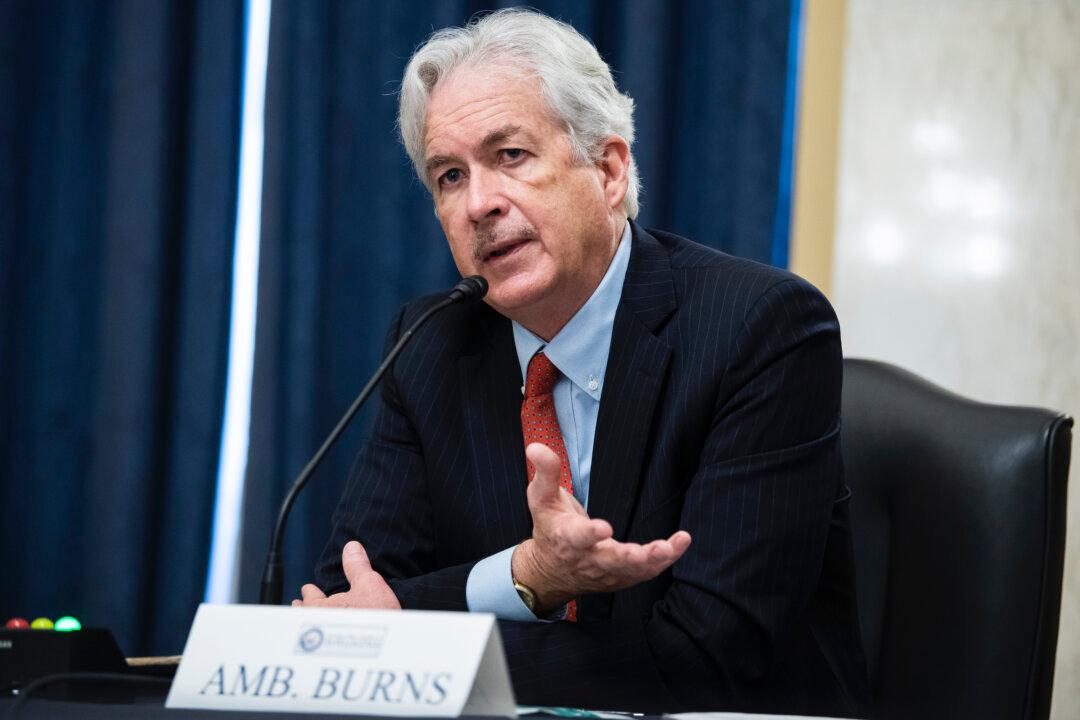- President Joe Biden’s nominee for CIA director spoke candidly on Wednesday about the Chinese government’s authoritarian bent, and its use of front groups to influence U.S. policy towards Beijing.
- William Burns also faced questions about his tenure at the Carnegie Endowment for International Peace, which had a relationship with one of the Chinese government front groups.
- Burns told the Senate Intelligence Committee that shortly after he took over at Carnegie in 2015, he severed ties with the China-U.S. Exchange Foundation due to “expansion of Chinese influence operations.”
- Despite the claim, Carnegie and the foundation maintained a relationship as late as 2017.
During the hearing, Burns addressed a relationship between the Carnegie Endowment for International Peace, which he took over in March 2015, and the Chinese-U.S. Exchange Foundation (CUSEF), a Hong Kong-based think tank that operates under the direction of the Chinese Communist Party.





